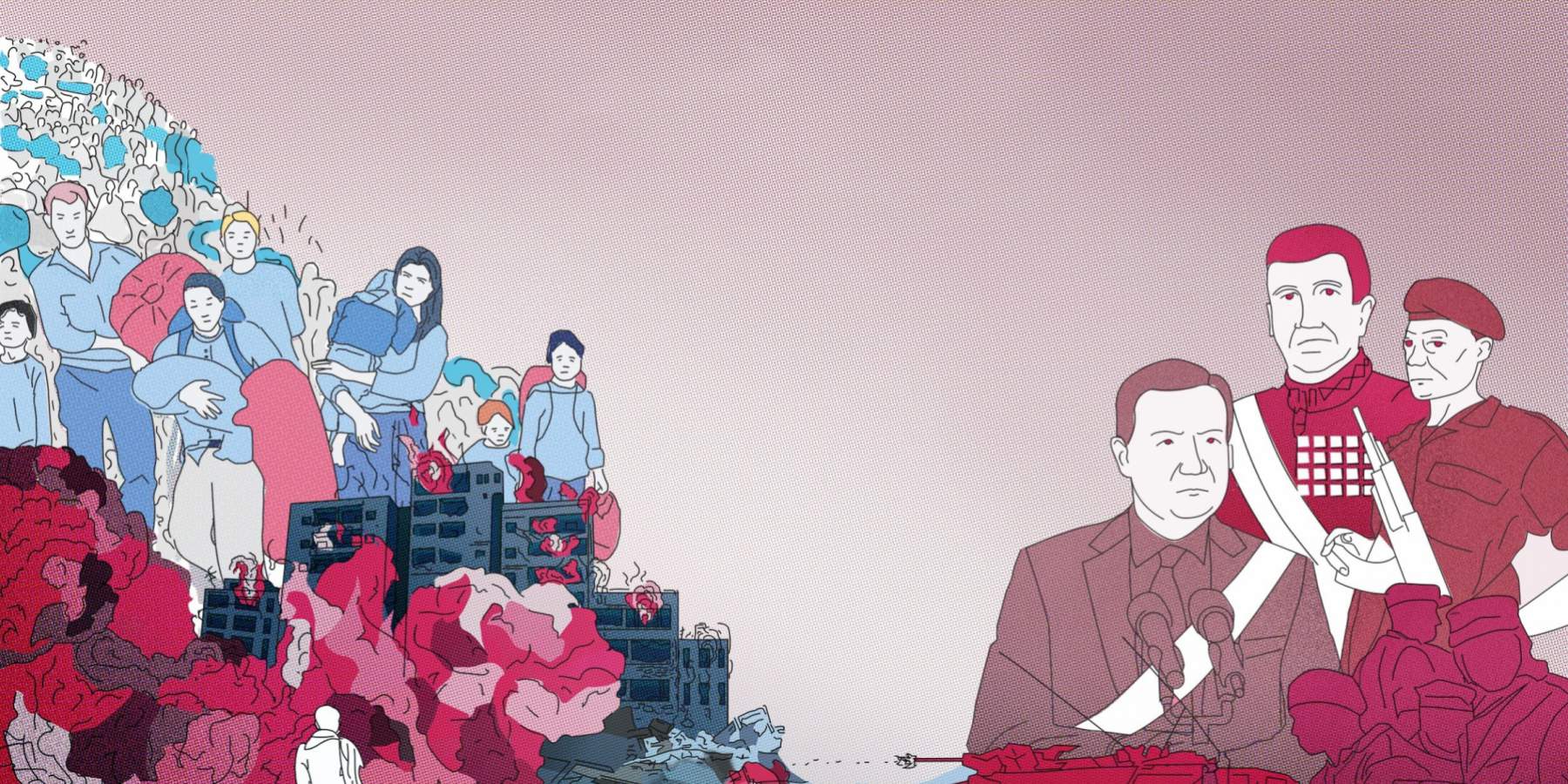A court born of Nazi crimes against humanity
At the end of the Second World War, the Allied powers tried the Nazi leadership for their heinous crimes. The Tokyo War Crimes Tribunal was set up around the same time to try responsible leaders from the Empire of Japan. Never before had high government and military officials seen such accountability. The trials in Nuremberg and Tokyo laid the groundwork for the international justice movement we know today. Yet the onset of the Cold War resulted in little further progress at the international level for over 50 years.
But towards the end of this period, advances were already being made at the national level. Latin America - Argentina, Brazil and Chile in particular - led the charge in opening the door to prosecute those who had been in power for mass crimes against political opponents.
In 1989, the fall of the Berlin Wall and consequent opening of the international system allowed the United Nations to set up separate, temporary tribunals to prosecute those most responsible for grave violations of human rights in impunity-fueled conflicts in Yugoslavia, Rwanda, Sierra Leone, and East Timor.
Even then, a contingent of states was calling to place the establishment of a permanent international criminal court on the global agenda—the Carribean Community did as much in its 1989 statement to the United Nations General Assembly.
Working with a group of progressive ‘like-minded’ states from around the world – mostly smaller and middle powers - a group of civil society organizations from around the world - the NGO Coalition for the International Criminal Court – began advocating for a permanent international criminal court, with power to prosecute anyone, anywhere, for war crimes, crimes against humanity, and genocide.
And it worked.
The Court that was never supposed to be
Against all the odds - and opposition from the world’s major powers - the Rome Statute was adopted in 1998 by an overwhelming majority of the world’s countries. 120 countries to be exact. The International Criminal Court came into existence in The Hague four years later.
Independent of the United Nations and its Security Council, with an independent prosecutor and independent judges, and no immunity for heads of state or high ranking officials, this a Court that was never supposed to happen.
A work in progress
Over 120 countries are part of the Rome Statute system of international justice. The progress from idea to reality has been remarkable. But the story does not end there.
The reach and impact of the ICC and international justice is mostly limited to countries that have opted-in to the Rome Statute system. Most of Europe, Latin America, and Africa have joined the ICC, but big gaps remain in the Middle-East-North Africa region and in Asia.Major powers such as China, India, Russia, and the United States, as well as most dictatorships and authoritarian governments remain outside the system.
Much work remains to be done. Mass killings and war crimes continue all over the globe. Justice is uneven. Political attacks continue to mount at the Court. The ICC is not perfect. The Court needs to improve its delivery of justice to victims, speed up trials, be more transparent in its decision-making, and communicate more effectively to the world.
Effective justice is a shared responsibility
With no police force, the ICC relies on state support and cooperation to ensure that its decisions are enforced, that suspects are arrested, that victims and witnesses receive protection, and that supportive voluntary agreements are put in place.
Ending impunity must begin with states—this complementary relationship with the ICC is the genius of the Rome Statute system. All states need to join the ICC, prosecute more war criminals themselves, cooperate with the Court, arrest fugitives, protect witnesses, ensure it has a sufficient budget to deliver justice whenever and wherever the need arises, elect highly qualified officials, and help victims live with dignity and hope.
One of the most pressing issues facing the Court’s governing body, the Assembly of States Parties, is the need to put in place stronger mechanisms to deal with states that fail to live up to their obligations to cooperate with the ICC and the principles it was founded on.
International and regional organizations also have a much larger role to play in assisting the Court and the Assembly of States Parties.
The UN Security Council has the power to refer states not party to the Rome Statute to the ICC for investigation, but fails to do so consistently even in the face of overwhelming evidence of grave crimes – such as in the tragic case of Syria.
The road ahead
As the world faces resurgent mass violence and widespread impunity, the success of the ICC and Rome Statute system of international justice is more crucial than ever before. For victims and communities that have seen their lives destroyed by what are truly horrific crimes, delivering on the promise of “never again” by addressing the past is vital to securing a more peaceful future.
Together, we can break the cycle of these heinous crimes and bring justice to victims the world over.
Join the Fight for Global Justice



